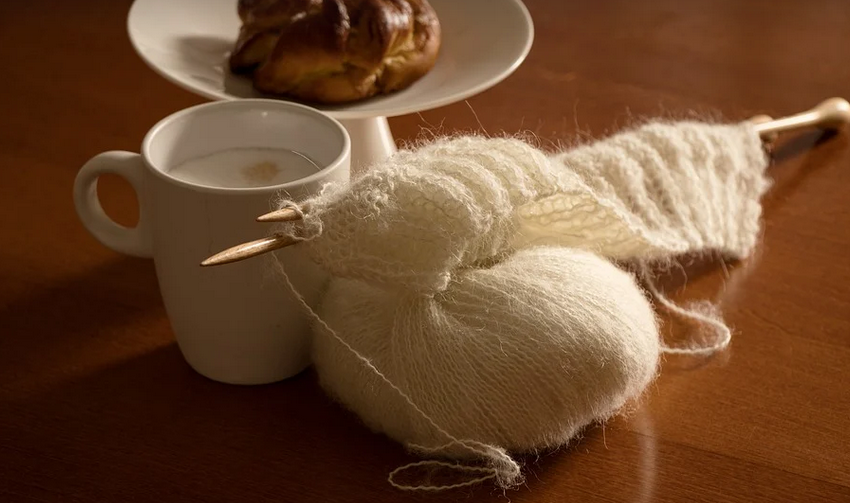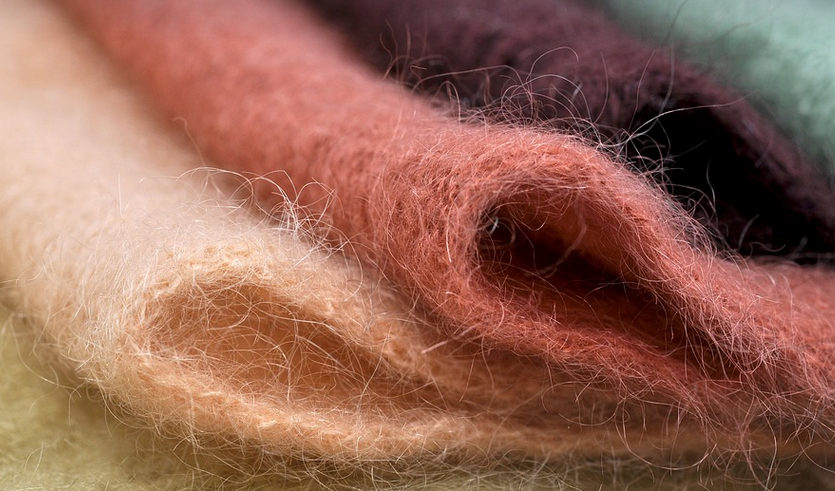
What Makes Thanksgiving So Special?
Thanksgiving, that glorious time of year when family gathers around a table laden with delicious food. And at the heart of many Thanksgiving tables is the turkey — roasted to perfection, glistening and smelling divine. But there’s something undeniably special about a turkey rolled with stuffing. It’s not just about the flavor; it’s an act of culinary artistry that elevates the Thanksgiving experience to new heights.
The tradition of rolling a turkey with stuffing is deeply rooted in history. You see, back in the days before electric ovens and fancy appliances, cooks had to be resourceful. A rolled turkey was easier to carve and served up as one cohesive unit. It’s a testament to early culinary ingenuity!
Imagine this: a plump, golden-brown turkey, nestled within a warm embrace of savory stuffing. The aroma that fills the air is intoxicating – a blend of savory herbs, spices, and juicy meat. And then there’s the sheer visual beauty – the perfect proportions of stuffed bird and glistening skin. It’s an edible masterpiece!
To help you on your Thanksgiving journey to cooking mastery, we’ve compiled this comprehensive guide for rolling a turkey with stuffing. We’ll delve into different stuffing recipes, tips for achieving that perfect roll, and even some serving ideas to impress your guests.
The Stuffing: A Culinary Canvas
The heart of the turkey-stuffing combo lies in the stuffing itself. It’s not just about filling the bird; it’s an opportunity to get creative and experiment with flavors. You can go traditional with bread stuffing, or you can try something new!
Whether you prefer a classic breadcrumb stuffing bursting with herbs and sage, or a more adventurous take on sausage and apple crumbles or wild rice with cranberries, there’s a recipe out there for every palate. Choose a recipe that speaks to your heart. If you want to add a touch of elegance, consider making a creamy cornbread stuffing, while if you prefer something lighter, go for a lemon-herb option.
Don’t forget the secret ingredient: love! A little bit of warmth and passion infused into your stuffing can make it stand out from the crowd.
The Rolling Process: A Symphony in Action
Now that you’ve got your stuffing recipe all figured out, let’s talk about how to roll the turkey with finesse.
First things first, prep your turkey. Before you begin rolling, make sure you have an ample cutting board and a sharp knife at hand. Remove the backbone of the turkey if it’s still there for easier stuffing. Then, pat the turkey dry with paper towels to ensure a firm and even roll. If you’re feeling ambitious, you can also brine your turkey beforehand to add extra moisture and flavor.
Next comes the stuffing! Make sure your stuffing is well-cooked and cooled before stuffing it into the turkey. A warm, moist stuffing will help create that perfect, juicy interior. Use a large mixing bowl to ensure smooth stuffing distribution – you don’t want any lumps in your stuffing masterpiece!
Once you have your stuffing ready to go, carefully tuck it under the skin of your turkey. Securely roll the bird from one end to the other, creating a tight and cohesive package. A few extra tips: Use kitchen twine to tie the ends of the fabric together if you’re worried about it falling apart during cooking; use aluminum foil to keep moisture in and prevent the stuffing from drying out; and don’t forget to add some extra butter and oil for that perfect crispy skin!
Roasting Your Thanksgiving Feast
Now for the grand finale: roasting! This is where your turkey comes alive.
To start, preheat your oven to 350°F (175°C). Place the rolled turkey on a roasting rack in a large roasting pan. It’s crucial to use a roasting rack; otherwise, your cooked turkey might not have enough room for proper air circulation and may become too dense.
Remember to keep an eye on your turkey while it’s cooking! Insert a meat thermometer into the thickest part of the thigh – this is the best way to ensure it’s perfectly cooked. The internal temperature should reach 165°F (74°C) for safe consumption.
For extra crispy skin, brush your turkey with melted butter or olive oil during the last hour of cooking. This will caramelize the skin and achieve that irresistible golden-brown crust. Don’t forget to baste it every 30 minutes to keep moisture in and prevent drying out!
And there you have it – a perfectly roasted, stuffed turkey! Your guests will be raving about this culinary masterpiece at your Thanksgiving table.
Serving Up the Thanksgiving Feast
The perfect Thanksgiving feast is always complete with side dishes. But let’s get real – who doesn’t love a little extra stuffing?
Try these classic sides: mashed potatoes, gravy, cranberry sauce, green bean casserole, and sweet potato casserole!
For a more festive touch, you can serve some traditional Thanksgiving rolls alongside your turkey. Don’t forget the cranberry relish! It’s an essential condiment to any Thanksgiving feast.






